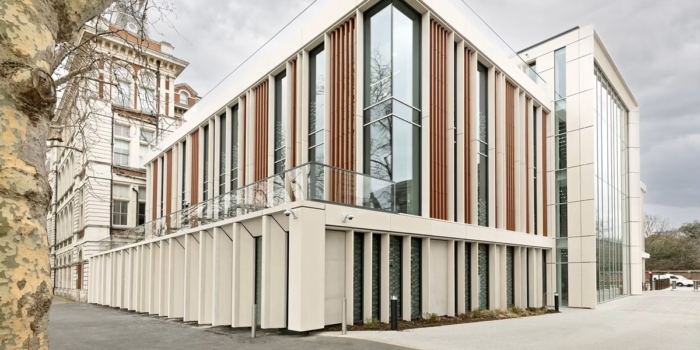| Event: | CaSE Roundtable Discussion: Spending Review 2013 |
| Date: | 25th May, 2012 |
| Speakers: | Dr Graeme Reid, Head of Research Funding, Department for Business, Innovation and Skills |
| Professor Alan Hughes, Director of the Centre for Business Research (University of Cambridge) and the UK Innovation Research Centre |
Key messages:
- There will be no announcement about a Spending Review before October (for example, in the Autumn Statement) but could be as late as 2013 Budget.
- There will be contradictions that are unlikely to be resolved, for example cutting capital funding in universities versus announcements about major investment in the infrastructure of UKPlc. And we should not “underestimate the level of hostility to the science ring fence”
- There are a number of Reviews underway e.g. the Heseltine Review of Competitiveness (how government spending departments and other public bodies can work with the private sector on economic development (EPSRC have a secondee on this) and due e.g. the Triennial Review of the Research Councils.
- It is a very volatile environment so this will NOT be a re-run of earlier Reviews
- Given the economic environment and the UK’s limitations with regard to manufacturing and access to natural resources, the knowledge base (science and research) becomes of paramount importance…”it matters less what we’re good at but we just need to be good at something”. And we need to go beyond the traditional arguments of patents, licensing and other IP.
- The Government is trying out lots of different things in funding science and technology currently, we’ve seen a number of announcements about significant, but not game-changing, pockets of funding and there is early evidence that there are positive things coming out of all of them…which is simply going to show that there is no magic bullet.
- There’s no “hierarchy” in the evidence base that will be used to determine any Spending Review outcome. The strong message from BIS was that the Science and Engineering community needs to argue for the right thing at the right time (”they don’t want to hear something as detailed as the science….!”)…that is, we simply need to argue for moremoney, only when this has been achieved will it be helpful/appropriate to decide how to allocate it. We are encouraged to form a unified voice. We need to do this in terms of “telling the story” and not to worry about academic rigour in our methodology. Government will listen to compelling narrative tales of relevance.
- While the Treasury like hard numbers (Return on Investment, NPV etc), it is essential that the numbers are contextualised and the narrative story-telling is essential…it’s important we remember that the narratives actually underpin the process by which the numbers were reached….quantitative assessment requires heroic assumptions, it’s the qualitative evidence that can make the assumptions more realistic.
- The Treasury has identified 3 weak spots in its evidence base for public funding of university research:
- Evidence of how funding can be leveraged (pump priming??)
- Efficiency esp. around high salaries (v. emotive issue) and particularly under-utilisation of expensive capital facilities – more room for collaboration?
- The value and spillover effects of capital investment.
- We have to remember that the decisions will be made on a both emotional AND a rational basis (hence the need for narrative). And we need to maintain the positive tone that was successful during the last CSR.




